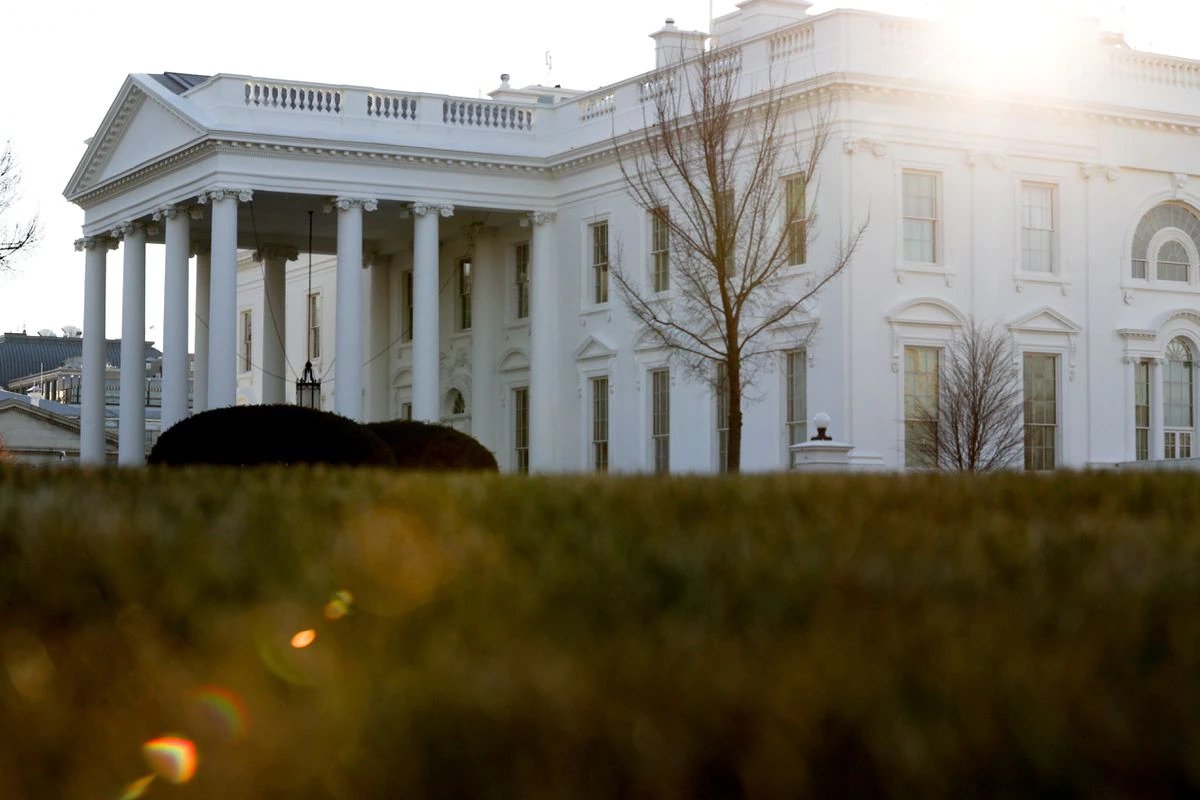
White House still sees inflation abating, can’t say exactly when
WASHINGTON, July 13 (Reuters) – The White House expects supply chain pressures that are fueling higher inflation to abate in the “not-too-distant future,” but cannot say exactly when, a senior official said on Tuesday after June consumer prices showed the biggest gain in 13 years.
The official declined to repeat earlier forecasts that inflation would peak in the summer months, citing continued uncertainty about when supply chain pressures would ease and concerns over the emergence of new COVID-19 variants.
Asked if the bump in prices for certain services reflected any price gouging, the official said, “that probably remains to be seen,” adding that it was an issue worth investigating.
The U.S. consumer price index increased 0.9% in June amid supply constraints and a continued rebound in the cost of travel-related services from pandemic-depressed levels as the economic recovery gathered momentum. read more
The CPI jumped 0.6% in May.
White House officials remain convinced that the bump in prices is transitory, citing moderating pressures in the semiconductor market and a drop in lumber prices – two factors that have led to bottlenecks and pushed prices higher.
They cited recent upward revisions in overall growth forecasts and said President Joe Biden’s COVID-19 rescue plan has been effective in driving a stronger-than-expected recovery, but also signaled growing concern about the new COVID-19 variants and lingering disparities in vaccination rates.
“We expect that these things will work themselves out in the not-too-distant future, but I can’t say exactly when,” said one official. “We also can’t say whether or not we really truly do have this pandemic under control.”
Pressed to put a timeframe on when the inflationary pressures would ease, the official said, “We are just watching the data closely, week by week, month by month.”
Kevin Brady, the top Republican on the House of Representatives Ways and Means Committee, said Biden’s policies were driving up prices.
“With consumer prices at a 13-year high, Bidenflation is growing faster than paychecks, wiping out workers’ wage gains, and leaving American families behind,” he said in a statement.
Meanwhile, former U.S. Treasury Secretary Lawrence Summers, a Democratic-aligned economist who has criticized the current White House policies for potentially stoking inflation, met with top Biden economic advisers Brian Deese and Cecilia Rouse on Tuesday. His criticism has rankled White House officials, who have insisted the current spike in prices is temporary.
Though Summers was critical of Biden’s initial stimulus plans, he has been supportive of spending on “green” infrastructure.
“They talked about the infrastructure package and the importance of passing the president’s full Build Back Better agenda,” said a White House official.
Summers declined to comment.
UNDERLYING PROBLEMS
Treasury bond yields rose on Tuesday, indicating that investors may start demanding increased compensation for the risk of higher prices. read more
About 60% of the June price increase was due to used and new cars and auto parts, the administration official said. Excluding autos and pandemic-related services, prices increased just 0.2%.
The administration is looking carefully at the sectors driving the higher prices, the official said, adding that some of the increase reflected the low level of prices seen during the pandemic.
A second official said there was continued concern about the automotive market, but the Biden administration is in close touch with dealers, producers, semiconductor suppliers and others, and remained convinced current pressures would diminish.
The White House did not expect the sharp increases in used car prices to last beyond this year, said one of the officials.
The official said some underlying problems in the U.S. economy – including a severe shortage of housing and the high price of pharmaceuticals – would remain a problem.
Biden’s proposed budget included $213 billion in funding for affordable housing to address part of the issue, while the executive order he signed on Friday should result in lower pharmaceutical and hearing aid prices, the official said.Reporting by Andrea Shalal; Additional reporting by Trevor Hunnicutt; Editing by Aurora Ellis and Leslie Adler
Our Standards: The Thomson Reuters Trust Principles.






